Obama leaders carrying the legacy of Juneteenth
Take a look at a few Obama leaders fighting for racial equality across the country.
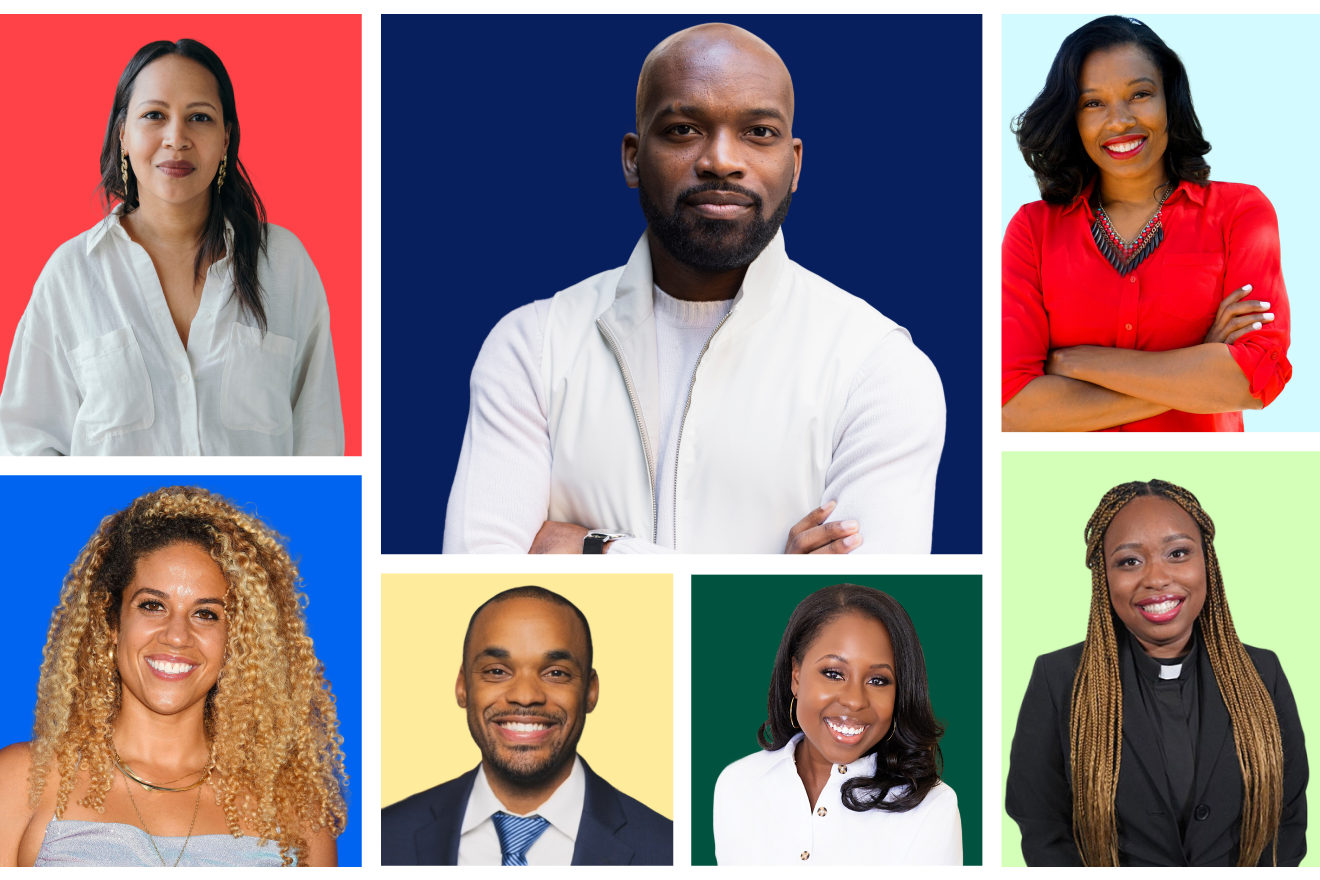
“ Juneteenth is a celebration of progress. It's an affirmation that despite the most painful parts of our history, things do get better. America can change.”
–President Barack Obama, June 19, 2015
This Juneteenth, The Obama Foundation is celebrating a few incredible leaders making change in their communities. The values of Juneteenth—strength, resilience, and community—are at the core of President Obama and First Lady Michelle Obama’s work. Their legacy, and that of Juneteenth, continues to inspire millions of Black leaders across the country.
When we open in 2026, you’ll get the chance to dive into the stories of the Obamas and some of our luminaries, past and present, at the Obama Presidential Center. For now, tap in, get inspired, and learn about eight awesome changemakers fighting for racial justice across the country.
Derick Dailey
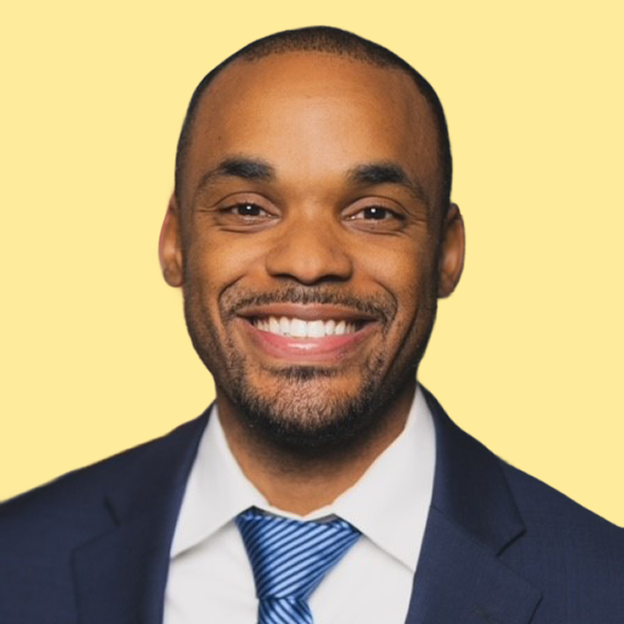
2024-2025 Obama Foundation Leader
Derick Dailey is a dynamic lawyer working within the justice system to enact change. Derick is a current litigator at Crowell & Moring in New York, with a focus on higher education and racial equity issues. In his former role as Senior Counsel to the New Jersey Attorney General, he oversaw the work of the Division of Civil Rights, the Youth Justice Commission, the Department’s Racial Justice Initiative, and the Voter Protection Initiative.
Derick also led a project called ARRIVE Together, a program that enlists mental health professionals rather than police to respond to people experiencing mental health crises. The program has resulted in a reduction in uses of force, arrests, and injuries throughout New Jersey.
What Legacy Means to Derick:
“Because of Juneteenth, I engage my work with hope and optimism and with a confident assurance that our present reality is not our final reality, that our "right now" will not have the final say. Juneteenth teaches us that as we fight for justice, there will be resistance. And that resistance can come from within and from without. But when we fight together, honoring the unique contributions that we all offer to our community, there is nothing we cannot achieve. This Juneteenth I'm leaning into the Obamas' legacy of Black excellence that chooses hope over despair, liberation over bondage, and love over hate.”
Reverend Ciera Bates-Chamberlin
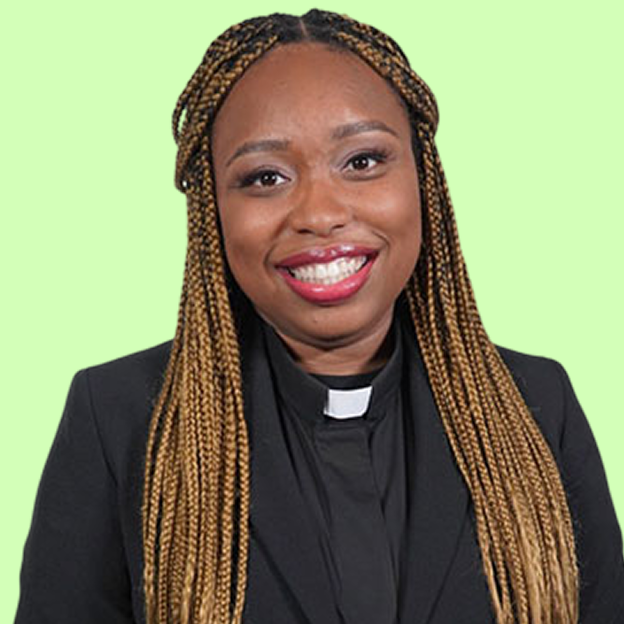
2024-2025 Obama Foundation Leader
Born and raised on the South Side of Chicago, Reverend Ciera Bates-Chamberlin is a powerful changemaker fighting to protect the lives of her community members. Following in the steps of leaders like Martin Luther King, Jr. and Howard Thurman, Ciera founded Live Free Chicago-Live Free Illinois. The organization mobilizes Black churches to improve public safety and reform the criminal justice system.
Ciera has brought together statewide coalitions of clergy and activists and designed programs committed to gun violence reduction, police accountability, and decarceration. A proud wife and mother, Ciera has also served as a mental health specialist and adjunct professor at Northeastern University.
What Legacy means to Ciera:
“President Obama began his journey as a community organizer on the South Side of Chicago, where he deeply understood the importance of centering the voices of everyday people. He knew that lasting change happens when those most impacted are given the tools, support, and agency to shape their communities and influence policy. That legacy lives on in my work. I, too, began organizing Black communities on the South Side. We are building power rooted in the belief that our dreams are not only valid but achievable—that all Black people have the right to LIVEFREE.”
Jessica Byrd
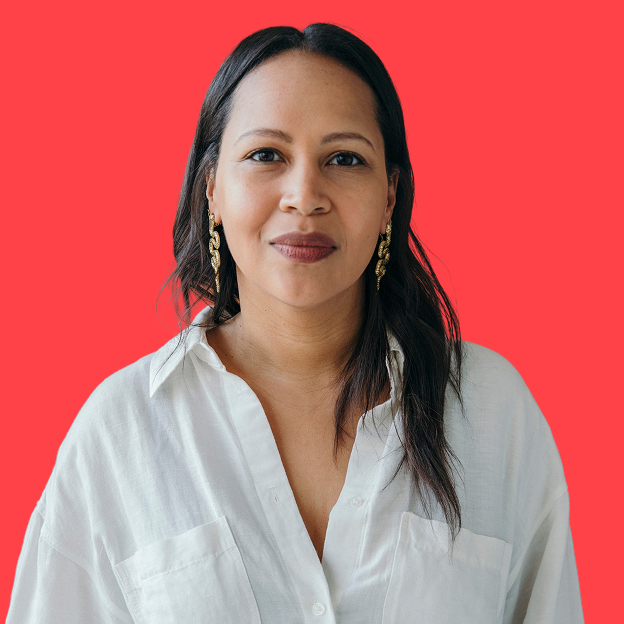
Obama 44 Alumni
Jessica, best known for her role as chief of staff for Stacey Abrams’ Georgia gubernatorial run, has worked for over a decade helping train people who want to seek governmental office. While working for EMILY's List, Jessica designed the organization’s first homegrown program to recruit people to run for office.
Today, she runs Black Campaign School, an online and offline space that empowers Black people interested in running for office at all levels of government. The program includes political strategy curriculum, leadership development classes, online course, and webinars designed to develop the skills and talent of future leaders.
What Legacy Means to Jessica:
“Black Camp is a classroom in service of Multiracial community leaders and rooted in Black history and culture. Across history, every community has a small set of people waking up to fight for the collective good. Juneteenth sings the song of truth telling! It invites the spirit of awakening and asks ‘how can we be as free as humanly possible right now?’ In order to survive and thrive in this moment, purpose driven community leaders must commit to mastering themselves and their crafts with freedom in mind. We must share the truth of our realities so that we may build a shared future.”
Jamila Thomas
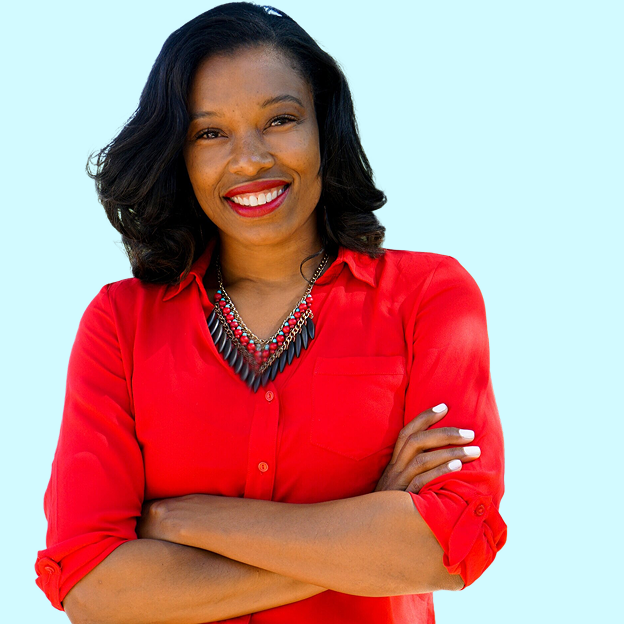
2024-2025 Obama Foundation Leader
Author and education advocate Jamila Thomas has spent 20 years supporting our most underserved communities. Jamila is the current chief development officer at VolunteerNow, an organization that mobilizes more than 300,000 volunteers in North Texas. In addition to this, Jamila also served as senior vice president of Big Brothers Big Sisters and ran outreach pastor at St. Luke’s United Methodist Church in Dallas.
Notably, Jamila established the Racial Equity Office for the Dallas, TX, Independent School District. While there, she developed programs designed to close the opportunity gap for students. She also wrote the African American Studies curriculum for the Texas State Board of Education, working with communities to ensure united passage.
What Legacy Means To Jamila:
“My career has focused on building culturally responsive policies, closing achievement gaps, and advancing racial equity—values that are foundational to both Juneteenth and the broader movement for justice and equality.
These same values are central to President Obama’s legacy. President Obama’s leadership has consistently emphasized hope, unity, and the power of collective action to overcome challenges. His administration and ongoing work through the Obama Foundation have inspired a new generation to stand resilient in the face of injustice, to build stronger communities, and to ensure that everyone has a seat at the table.”
Abdul Dosunmu
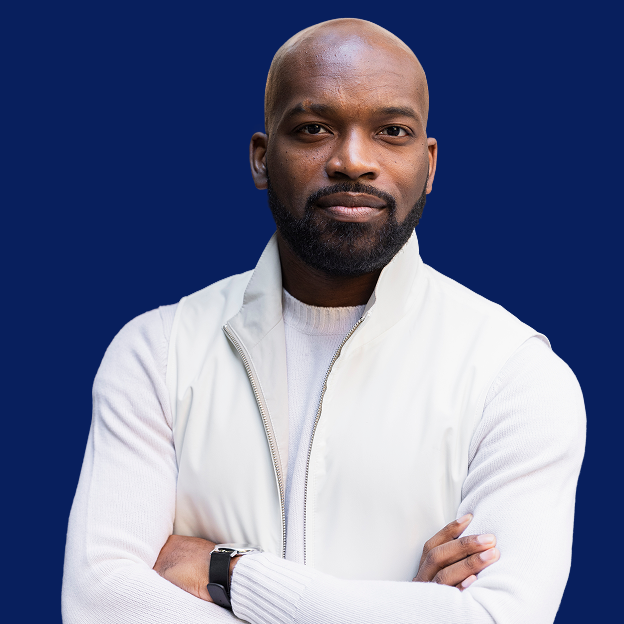
Obama 44 Alumni
Abdul Dosunmu is a civil rights lawyer and the founder of the Young Black Lawyers’ Organizing Coalition (YBLOC), a community-centered organization made of Black lawyers and law students focused on empowering and protecting Black voters. Through YBLOC, Abdul has hosted education sessions in churches, barbershops, beauty salons, and union halls, talking and listening to Black voters about the issues impacting democracy.
Prior to his work with YBLOC, Abdul was an appointee of President Obama to the U.S. Department of Transportation, serving as Special Assistant to the U.S. Secretary of Transportation, helping advance work to promote safety, innovation, and equity in transportation.
What Legacy Means to Abdul:
“One of President Obama's most important legacies is that, by his example, he renewed in people a sense of agency and equity in our democracy. A few years ago, while still a law student, I saw a need to mobilize a new generation of the Black legal community to help build and protect Black voting power and civic voice. I’m deeply proud of our impact—fully funding and deploying young Black lawyers and law students to travel to Black communities to listen, educate, uplift, and protect.“
Carlisha Williams Bradley
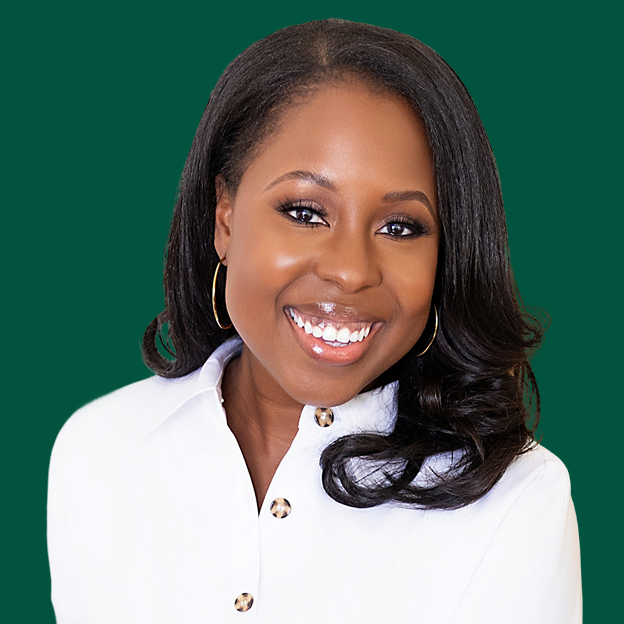
2024-2025 Obama Foundation Leader
Oklahoma’s Carlisha Williams Bradley has broken glass ceilings and is preparing the next generation of young women to do the same. In 2019, Carlisha was appointed to the Oklahoma State Board of Education, District 1, becoming the only Black woman in history to hold the position. Carlisha’s commitment to empowering young minds has taken her from the classroom as a teacher and superintendent to the founder and executive director of Women Empowering Nations (WEN).
WEN is a thriving nonprofit organization that accelerates the path to executive leadership for girls of color. Carlisha has reached more than 9,000 Black girls through WEN’s programming and continues her changemaking work as a coach, mentor, and leader across Tulsa.
What Legacy Means to Carlisha:
“President Obama gave us a blueprint of leadership anchored in values, purpose, and authenticity. He showed us that you can be yourself, lead with your heart, and be heard while bringing others along with a vision rooted in hope. [The girls at WEN] are not just inspired by President Obama’s legacy: they are picking up the mantle. They are the ones we’ve been waiting for. They are the change we seek.”
Carri Twigg
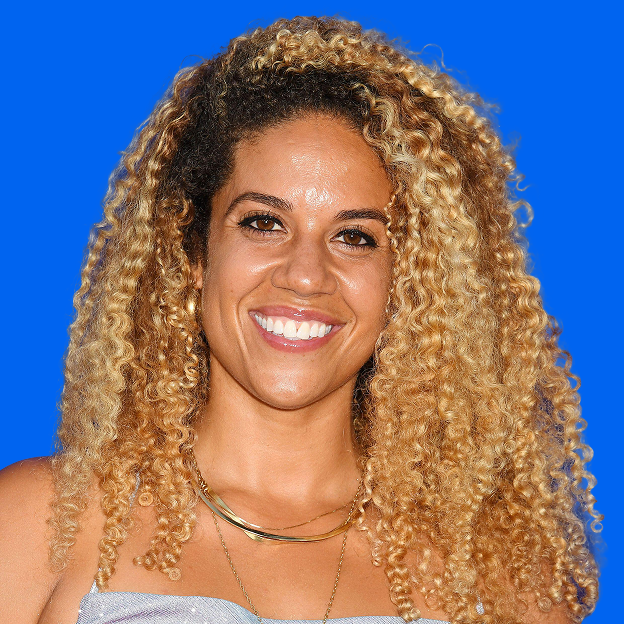
Obama 44 Alumni
Entertainment leader Carri Twigg is working to bridge the gap between culture and politics. After spending 15 years working in government, including serving as Special Assistant to President Obama, Carri pivoted to the entertainment industry founding Culture House. Culture House is a Black, Brown, women-owned media company that specializes in storytelling around the experiences of people of color. With Culture House, Carri is focused on helping deepen our cultural understanding—race, gender, class—of each other and of ourselves.
Through her efforts, Carri has spearheaded a number of successful media endeavors, including Ladies First: A Story of Women in Hip Hop , The Hair Tales , and Growing Up . Her contributions to the world of entertainment were recognized in 2022, when she was appointed to the President’s Advisory Committee on the Arts by former President Joe Biden.
What Legacy Means to Carri:
“I co-founded my film, TV, and podcast company, Culture House, as a direct outgrowth of my experience working for President Obama in the White House. I saw firsthand how a clear, compelling narrative could open the door to policy and legislative progress…Being part of the Obama administration taught me that while politics is where some people are some of the time, culture is where everyone is all the time. Culture makes politics and policy possible. It shapes the terrain of belief and imagination.”
